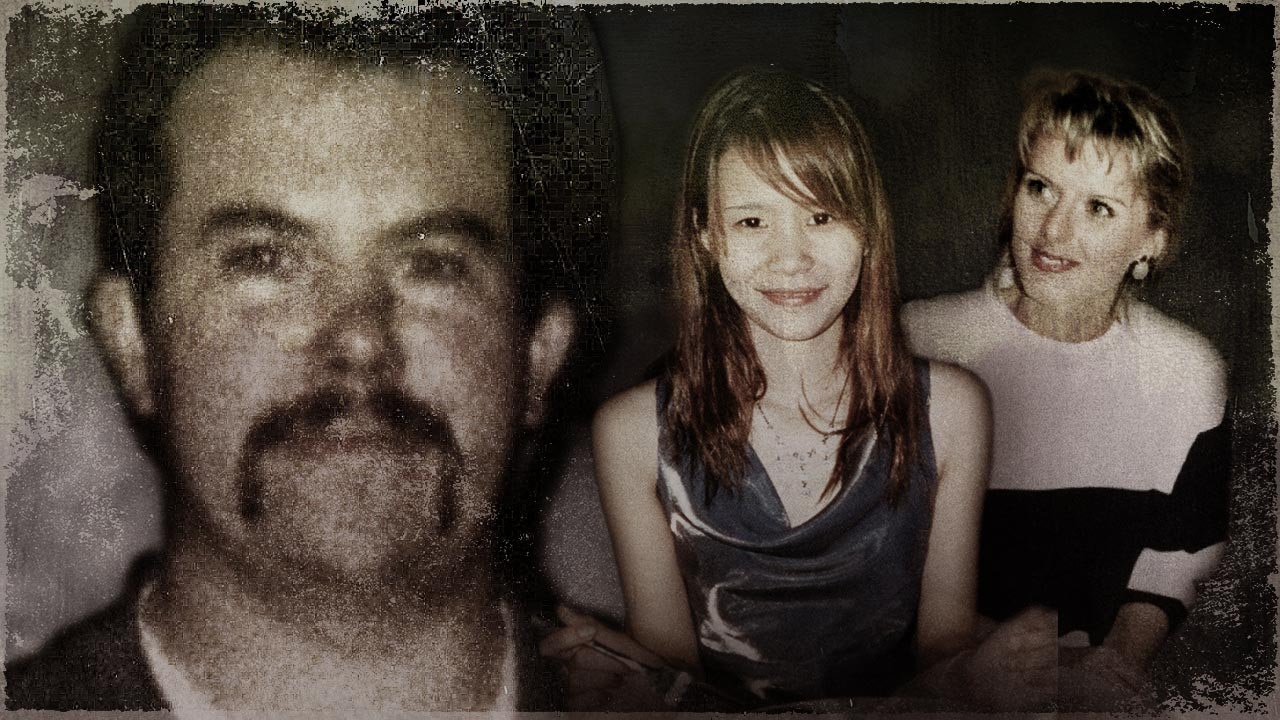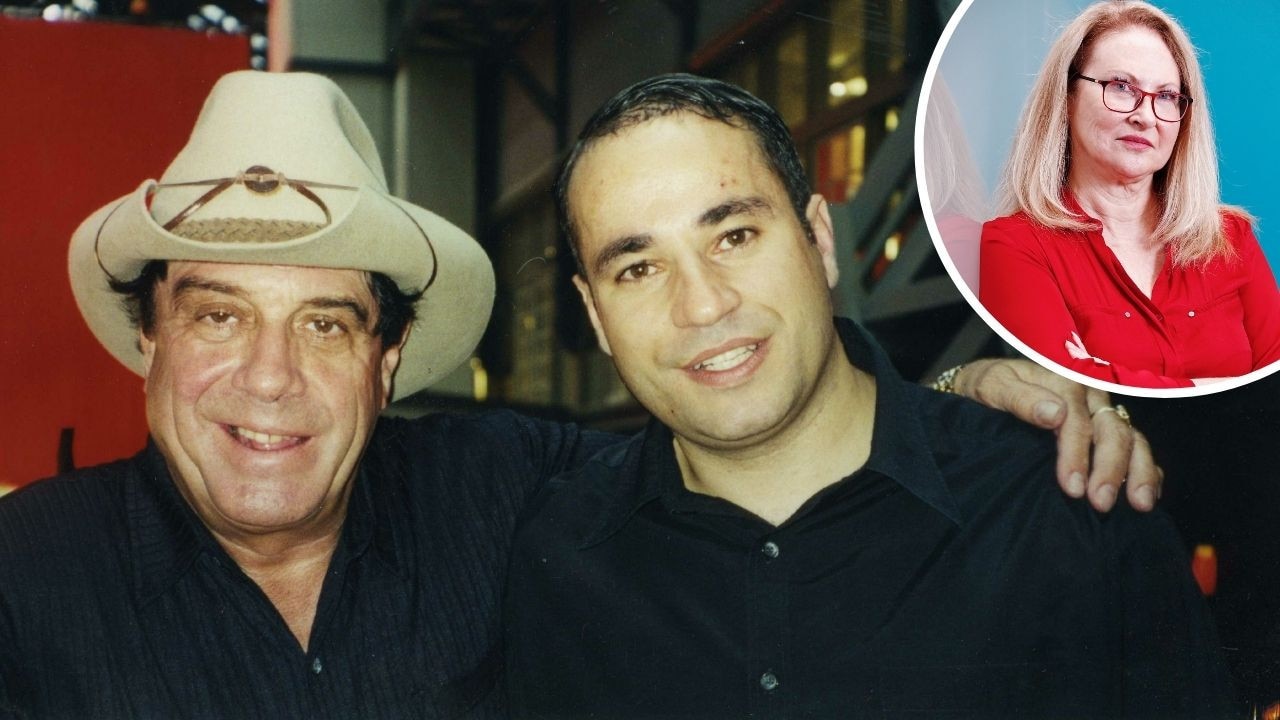Twisted Minds podcast: Inside the mind of serial killer Robert Wagner
He was convicted of 10 grisly murders, including cooking and eating the flesh of one of his victims. Now we can reveal Snowtown killer Robert Wagner’s alter ego.
Twisted Minds
Don't miss out on the headlines from Twisted Minds. Followed categories will be added to My News.
Inside a prison interview room, Snowtown serial killer Robert Wagner was reliving a murder.
His strong hands clasped the imaginary neck of one of his victim. With his eyes open wide, his teeth clenched, he wrung the man’s neck using every last bit of strength he had in his body. Finally, the imaginary body hung limp, as Wagner slowly released his grip.
Forensic psychologist Dr Jack White watched the cathartic ordeal play out inside Adelaide’s Yatala Prison
He had been asked to assess Wagner, following Wagner’s conviction of 10 murders, in the now infamous Snowtown ‘Bodies in the Barrels’ case. The murders, in which 11 victims were killed in and around Adelaide between 1992 and 1999 — their dismembered bodies and stored in barrels in an abandoned bank vault — remain one of Australia’s grisliest cases of group serial killing.
“I think that would probably be the most intense interview I ever had,” Dr White told the Twisted Minds podcast, marking the moment in his 30-year forensic psychology career.
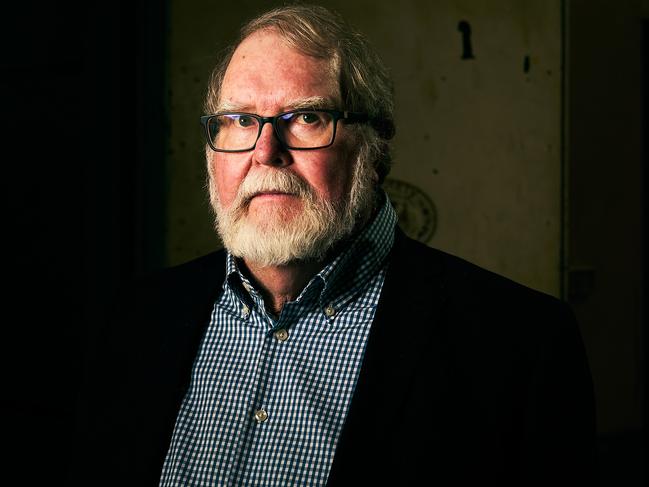
“It was literally half an hour of Wagner telling me how he had strangled [Barry] Lane and the responses Lane had given during that time. You could look at Wagner and his whole body changed. It was emotion double plus. And obviously, I think that process in itself was a cathartic one.”
The murder of Barry Lane was the only killing Wagner told Dr White he solely perpetrated. He maintains the rest of the murders were perpetrated by his co-accused John Bunting, James Vlassakis and Mark Haydon. Wagner told Dr White that he had met Lane as a street kid, and Lane — then a 30-year-old cross-dresser — had blackmailed him into giving him sexual favours over a number of years.
Despite reports the pairs were “lovers” Wagner claimed the relationship was never consensual.
Of all the professionals to encounter Wagner, Dr White likely got closest – their professional bond first forged in a small room beneath the South Australian Supreme Court as Wagner stood trial in what would be the longest and most sensational case in the state’s history.
The pair would be introduced when Wagner began to crumble under the strain, particularly the media pursuit of his family.
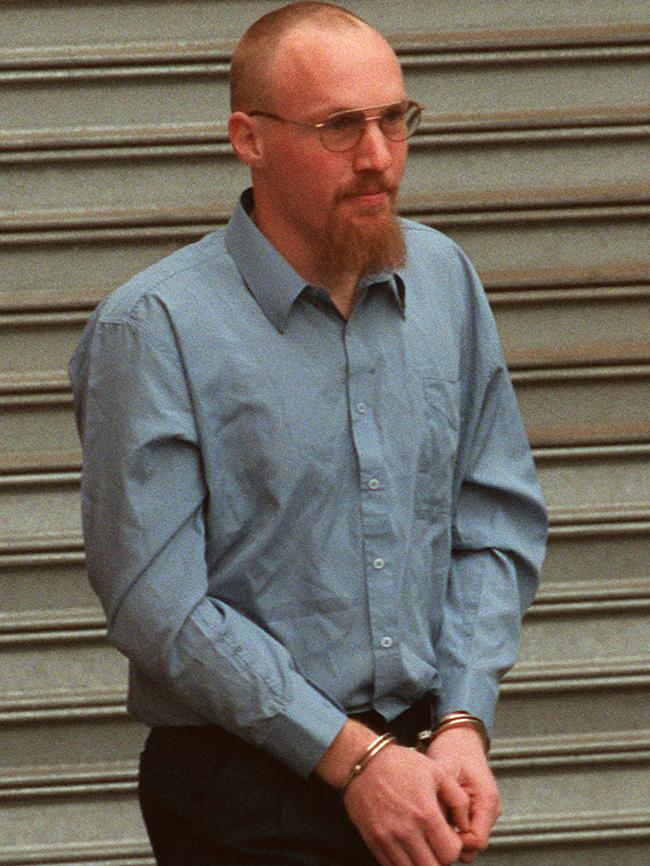
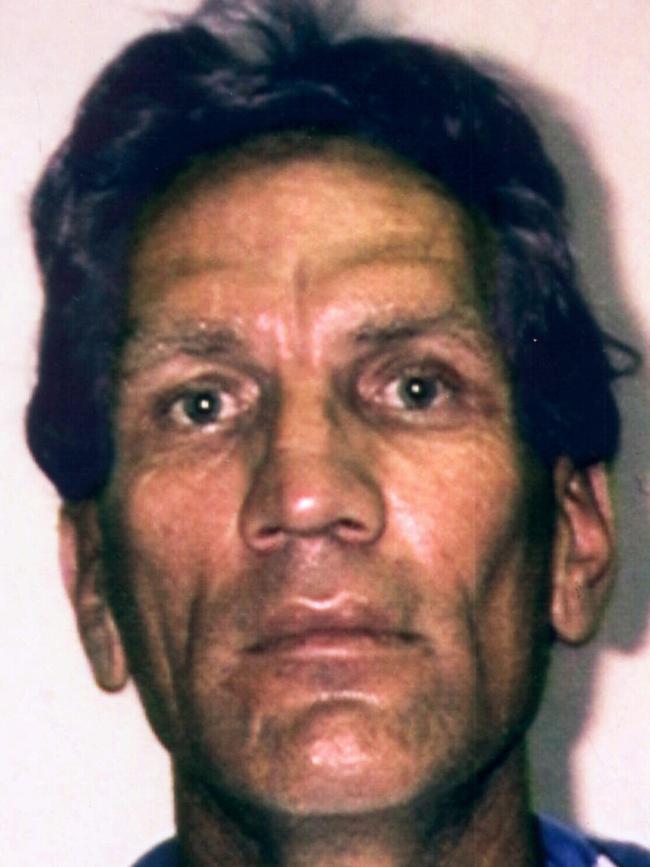
“My first introduction to Wagner was to visit him in the cells underneath the court to help him deal with his emotions and his feelings and also to try and prevent him from sacking his lawyers,” Dr White said.
After walking through an underground labyrinth of corridors, Dr White knocked on Wagner’s cell door.
“It was a little bit unnerving to begin with but it’s amazing how when you talk to people suddenly this stereotype disappears and you realise that actually he wasn’t anything like the monster that often the media would portray him as being,” Dr White said.
“The reality was … he was quite a gentle man in many ways.
“I introduced myself and said I was his psychologist … he was he was very upset, very tense, very emotional. He was shaking.

“We did some sort of breathing exercises to begin with and that was in itself quite remarkable because it had a sort of a sense of unreality about it. You know, if you can imagine these two males sitting down in an empty room with eyes closed, breathing slowly and trying to focus on just relaxing, you know, before he goes in for a murder trial. It just all felt strange, but we both managed to do it.
“I would see him most mornings or every couple of mornings and we’d sit down and I’d talk to him about how he was feeling and we’d do some basic breathing exercises …
“I felt very privileged in some ways to get a perspective from the offender’s side, which I think can actually change how you see certain types of crime. I’m not justifying the offending, but I am saying crime is rarely something that just happens out of evil. There is often a logic to it. And I certainly think in Wagner’s case, there was a genuine logic related to his history as far as being a victim of childhood abuse and how he learnt to cope with that.”
Robert Wagner gave Dr Jack White permission to discuss the details of his case.
The Twisted Minds podcast can be heard at twistedminds.com.au
Originally published as Twisted Minds podcast: Inside the mind of serial killer Robert Wagner

